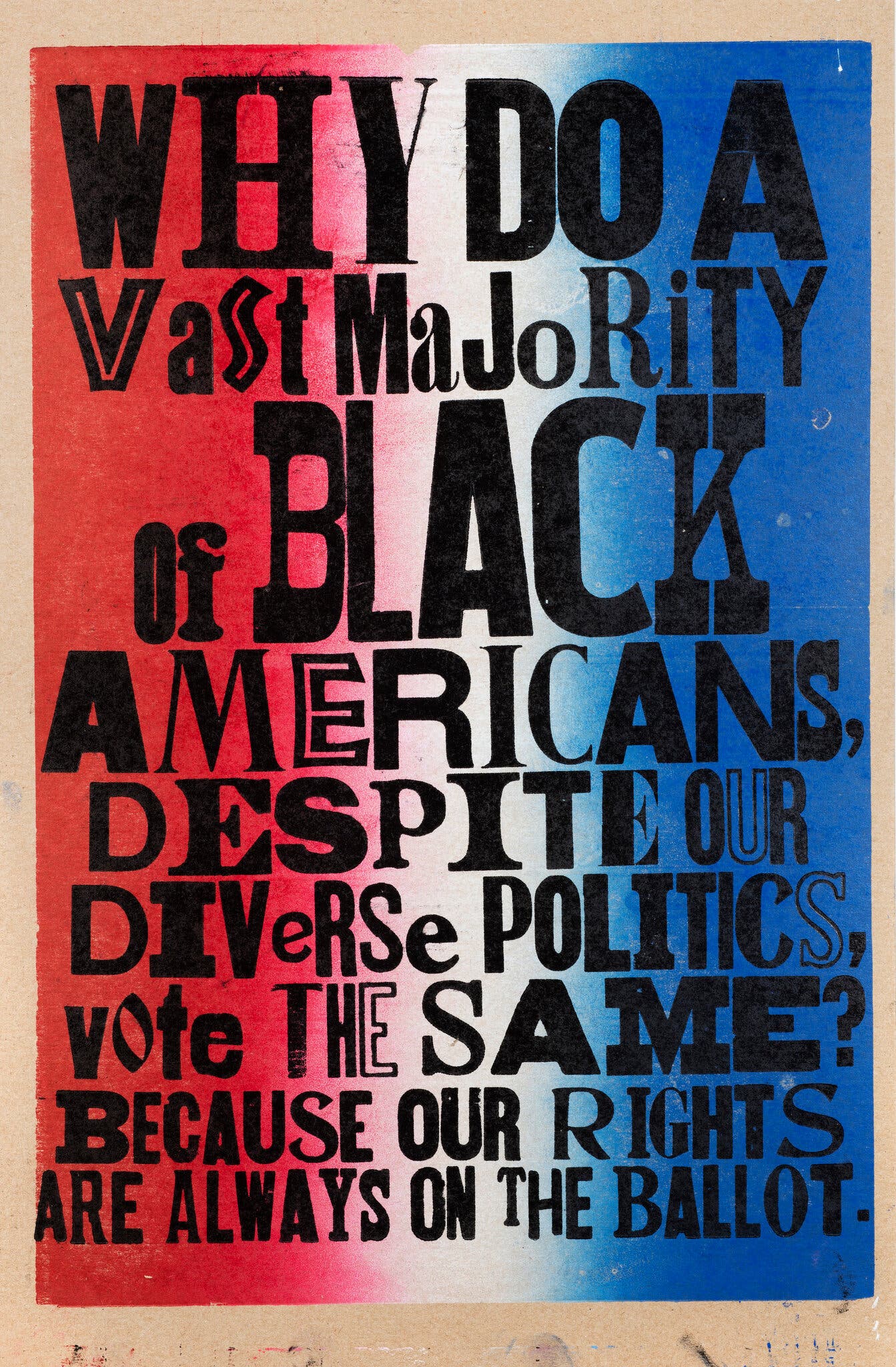Although I am in agreement with most of what you said, I must take exception to this one.
If the next president is also the next Hitler (e.g. tRump), all of those points and concerns will be rendered moot.
Your rights and privileges will be curtailed to the point that pursuing them will be a crime.
They will, at some point, stop pretending or even paying lip service to the concept of your "rights".
People who THINK, intellectuals, scholars, artists, poets, musicians, teachers, etc., are always among the first
to suffer at the hands of fascists once they come to power. They recognize the power in free thinking, hate it,
and respond accordingly, often with frightening efficiency.
That's an extreme slippery slope angle to say the worst of the worst as if it doesn't matter what you do.
That's far too cynical and to me that way of thinking leads me to believe some like things exactly the way they are and don't want it to change.
Trump can only do so much.
My comment to forgetting who is dem or repub was a facetious one, but to instead focus on who can get what you need done on a community level FIRST.
Who you elect locally will bring the most benefit to us vs who we vote into presidency.
Too many people think their job is done at voting for a president, this is wrong.
Your engagement into your community politics is what will make the bigger impact on your day to day life.
Despite who is president Black people don't seem to be any better off one way or another.
What that tells me is we can't expect any sitting presidency to uplift us from any condition, even if they are wrong, we have to do that ourselves.
Last edited:





